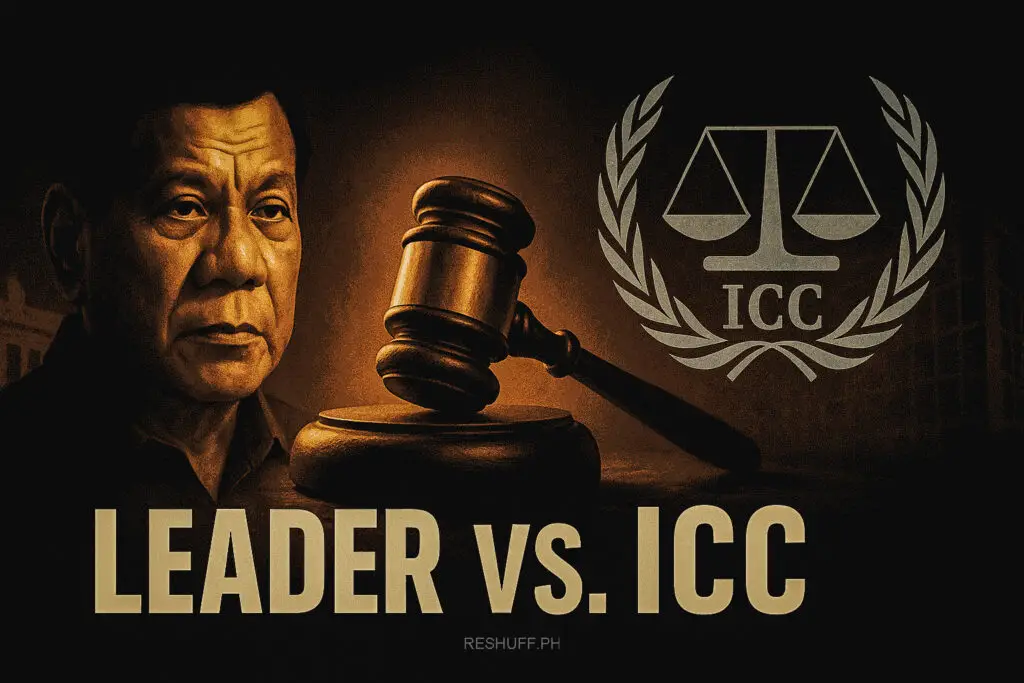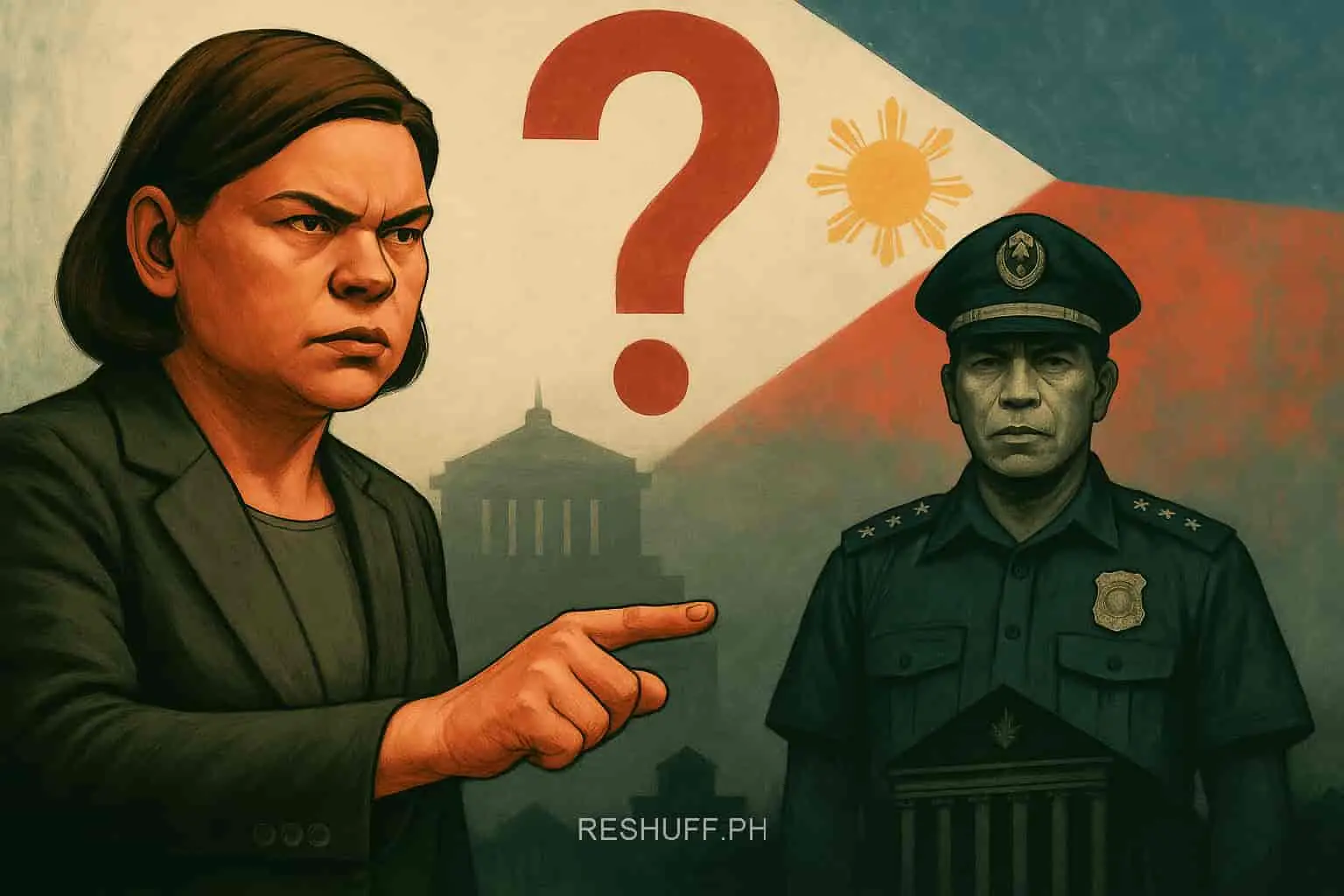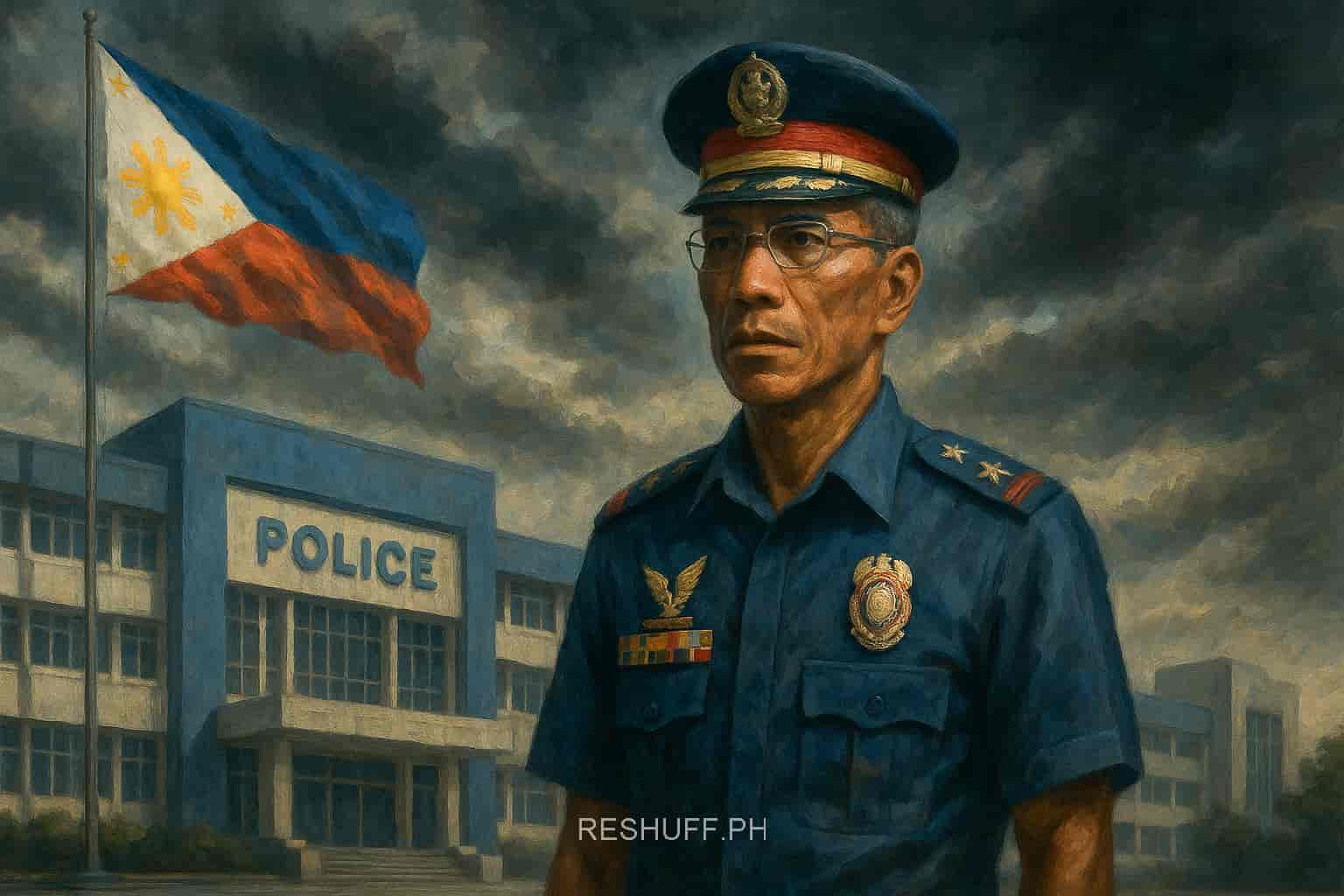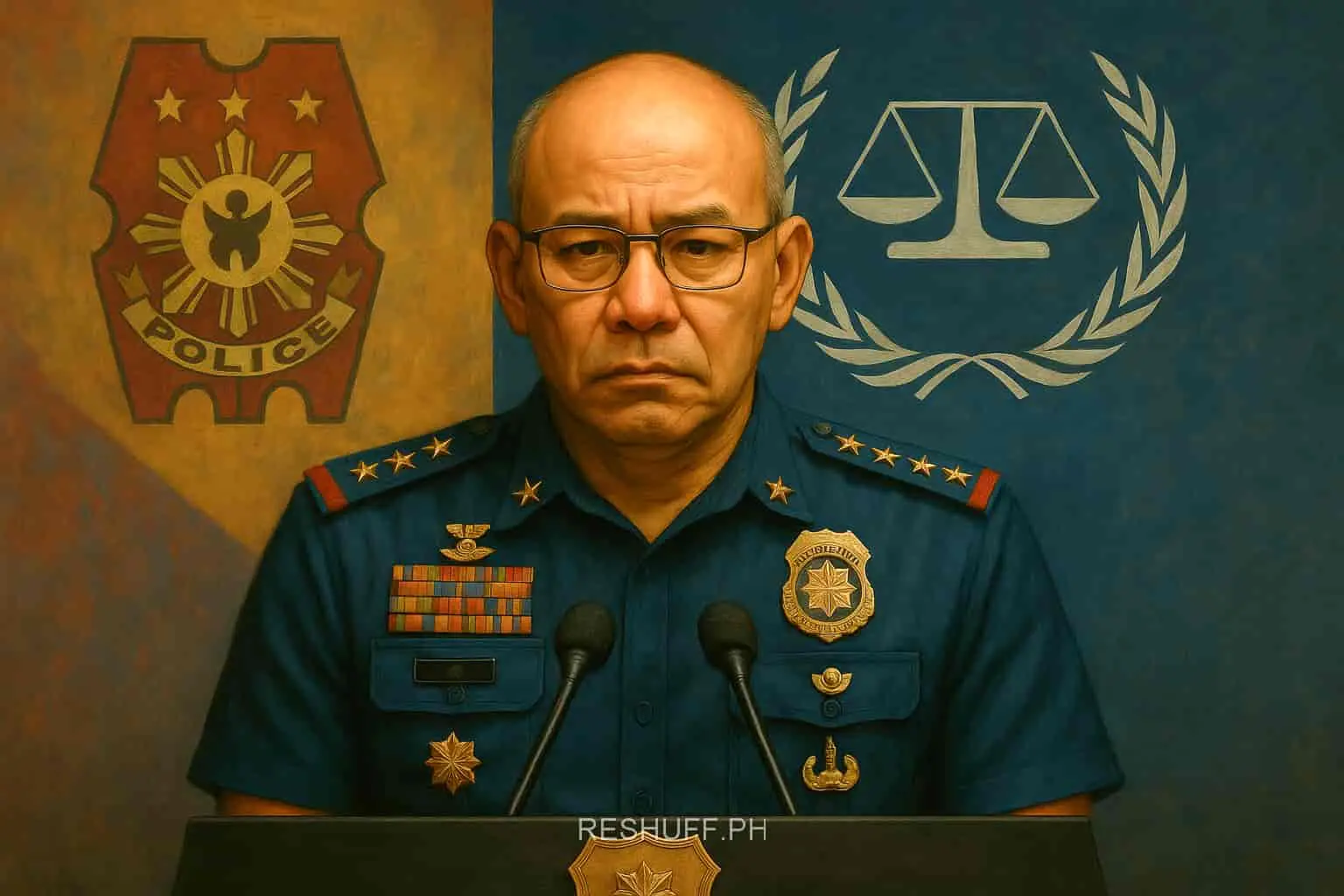Legal Bombshell: Duterte Lawyers Tell ICC 'Release Him Now,' Deny Court's Power Over Drug War
MANILA, Philippines – Freedom hangs in the balance, or so claim the lawyers for former Philippine President Rodrigo Duterte. In a move sending shockwaves through international justice circles, his defense team has thrown down the gauntlet, demanding the International Criminal Court (ICC) immediately halt its investigation into the country’s bloody “war on drugs.”
Their core message is stark: The ICC has no power here.
In a detailed 38-page document fired off to the court in The Hague, lead lawyer Nicholas Kaufman argued fiercely. He stated the ICC simply has no legal right to probe the thousands of deaths linked to the anti-drug campaign. Why? Because the Philippines officially left the Rome Statute – the treaty that created the ICC – back in 2019.
“The prosecutor has never shown the court was legally allowed to exercise jurisdiction after the Philippines left,” the document bluntly states. It argues that everything the ICC has done since the withdrawal “lack[s] legal foundation and should be nullified.”
This legal challenge cuts straight to the heart of the ICC’s power. Duterte ordered the Philippines’ withdrawal in 2018. This was right after the former ICC prosecutor, Fatou Bensouda, announced a preliminary look into the drug war killings. That task now falls to her successor, Karin Khan.
But Duterte’s team insists the basic requirements for the ICC to act were simply not met after the country walked away. They point to Article 12 of the Rome Statute. This article discusses how non-member states can accept the court’s power. The defense claims the prosecution is confusing the idea of jurisdiction with the actual conditions needed to use it.
They didn’t stop there. The lawyers dismissed key arguments used by the ICC prosecutor. They claim rulings by the Philippine Supreme Court, which previously said Duterte couldn’t just ditch the treaty to avoid investigation, don’t provide a “solid legal basis” for the ICC’s case.
A major point of contention is Article 127(2). This rule says a country leaving the treaty must still cooperate with investigations already underway before the withdrawal took effect. Duterte’s lawyers argue this rule doesn’t apply here. They claim the term “the court” in that rule refers only to the judges, not the prosecutor’s investigation phase.
Even if the early look was considered a “matter under consideration,” the defense says it only allows the prosecutor’s office to continue examining. It supposedly doesn’t give the actual court the power to step in under Article 12.
The plea from the defense carries a heavy weight. They urged current prosecutor Khan not to “fight tooth and nail” to defend what they call an “erroneous decision taken by his predecessor.” They added, “the liberty of an individual is at stake.”
Adding another layer, the lawyers mentioned a “written undertaking” supposedly from current President Ferdinand Marcos Jr. They claim Marcos assured them the government would not help the ICC “in any way, shape, or form.” This suggests Marcos believes his predecessor shouldn’t face trial at the ICC.
This claim comes after President Marcos initially stated his administration wouldn’t cooperate, then seemed to soften his stance. He later said the government wouldn’t block ICC investigators if they came to the country.
Back in Manila, the Presidential Palace offered a measured response. Press officer Claire Castro called the lawyers’ filing part of “due process.”
“If their defense is the ICC does not have jurisdiction, then that’s part of due process. Let them be,” Castro said. She also mentioned she wasn’t aware of the specific letter from President Marcos cited by Duterte’s team.
However, Castro repeated the government’s official line: the Philippines will not cooperate with the ICC.
The fight over jurisdiction is now formally joined. The shadow of the drug war killings looms large as this fierce legal battle unfolds on the international stage, leaving the pursuit of justice in a state of tense uncertainty.
Reshuff PH
Latest News In The Philippines brought to you by Reshuff PH





2 Responses